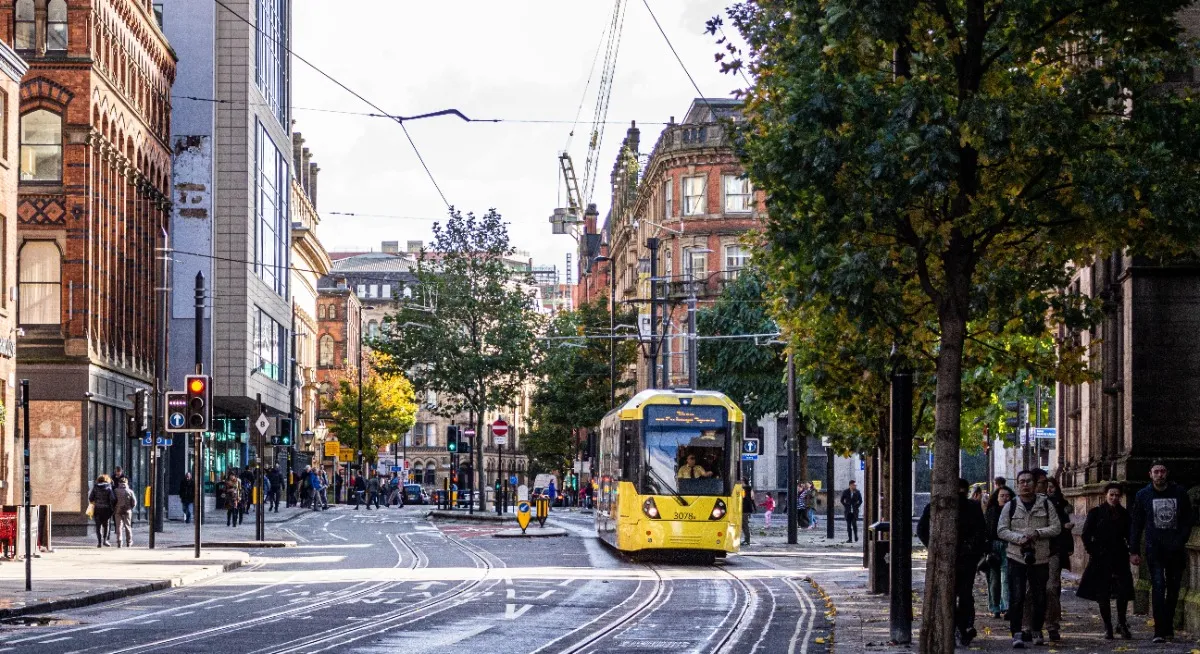San Francisco Bay Area had fewer greenhouse gas emissions and less congestion in 2010 due to City CarShare's (CCS) service. According to results third-party studies and 2010 CCS data, City CarShare members saved US$82 million (over the cost of car ownership) and contributed to a greener environment by reducing 60 million pounds of CO2 emissions last year. Additionally, City CarShare, a Bay Area nonprofit, stated it continued to achieve financial sustainability in 2010, ensuring the 10-year old organisation
May 21, 2012
Read time: 2 mins
San Francisco Bay Area had fewer greenhouse gas emissions and less congestion in 2010 due to 5649 City CarShare’s (CCS) service. According to results third-party studies and 2010 CCS data, City CarShare members saved US$82 million (over the cost of car ownership) and contributed to a greener environment by reducing 60 million pounds of CO2 emissions last year. Additionally, City CarShare, a Bay Area nonprofit, stated it continued to achieve financial sustainability in 2010, ensuring the 10-year old organisation will continue to serve the Bay Area for years to come.
For ten years, City CarShare has been encouraging locals to give up their cars or forego buying one by offering its members 24/7 hourly access to a fleet of conveniently located unstaffed and fuel-efficient vehicles. As a nonprofit, City CarShare’s transit-oriented model of carsharing measures its success based on the benefits its service brings to the Bay Area.
Based on UC Berkeley studies, EPA and4939 AAA data, City CarShare members decreased their carbon footprints while collectively saving $82 million in transportation costs. Combined, it is claimed that City CarShare members:
For ten years, City CarShare has been encouraging locals to give up their cars or forego buying one by offering its members 24/7 hourly access to a fleet of conveniently located unstaffed and fuel-efficient vehicles. As a nonprofit, City CarShare’s transit-oriented model of carsharing measures its success based on the benefits its service brings to the Bay Area.
Based on UC Berkeley studies, EPA and
- Reduced congestion on Bay Area roads with over 60,000 fewer vehicle miles travelled per day.
- Reduced CO2 emissions by over 60 million pounds, in 2010.
- Increased their use of public transit, walking and biking by up to 49 per cent (since joining CCS). This equates to an increase of more than 2,500 hours per week of additional environmentally friendly transportation.
- Saved up to $6,000 per household per year over the cost of owning their own car.










